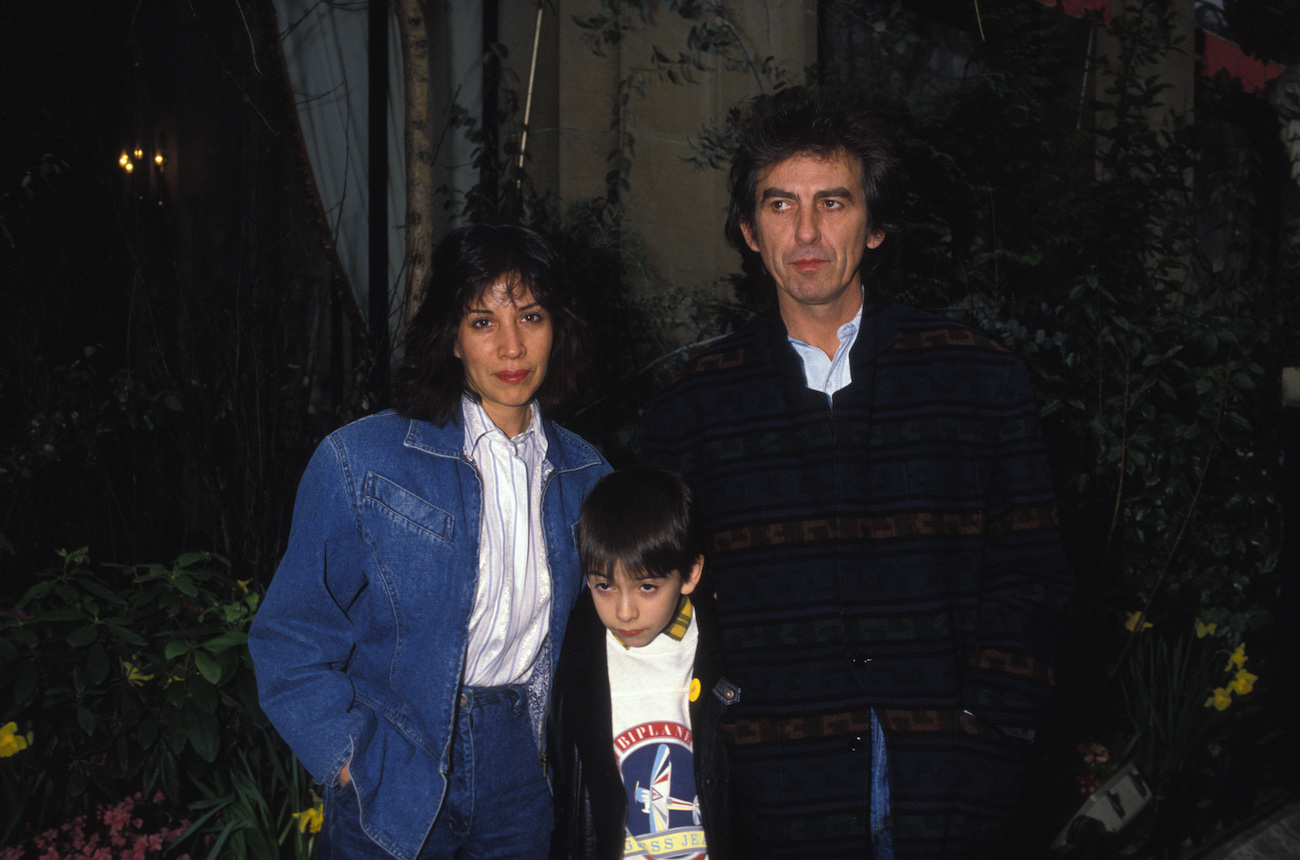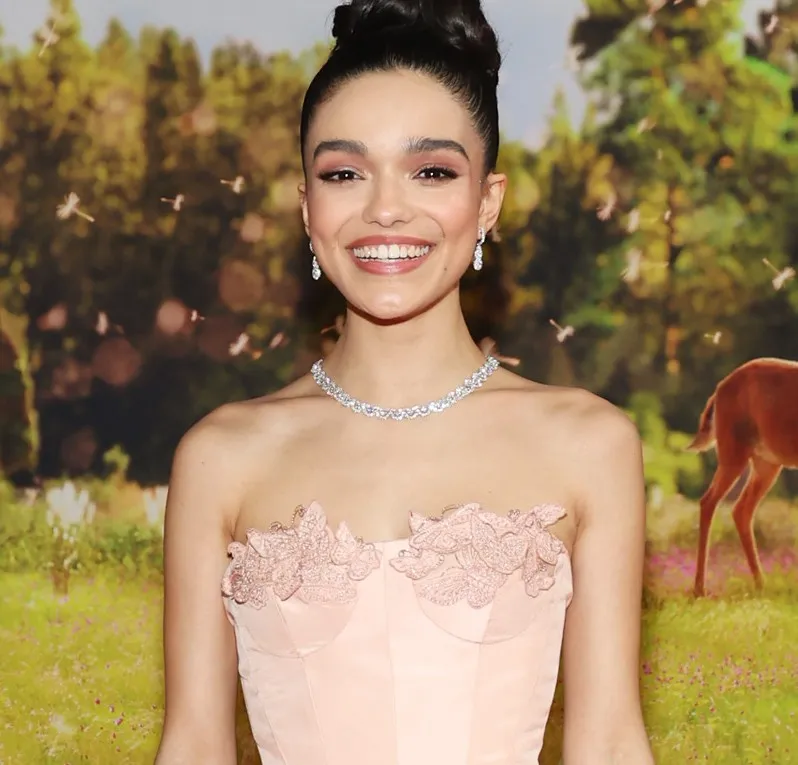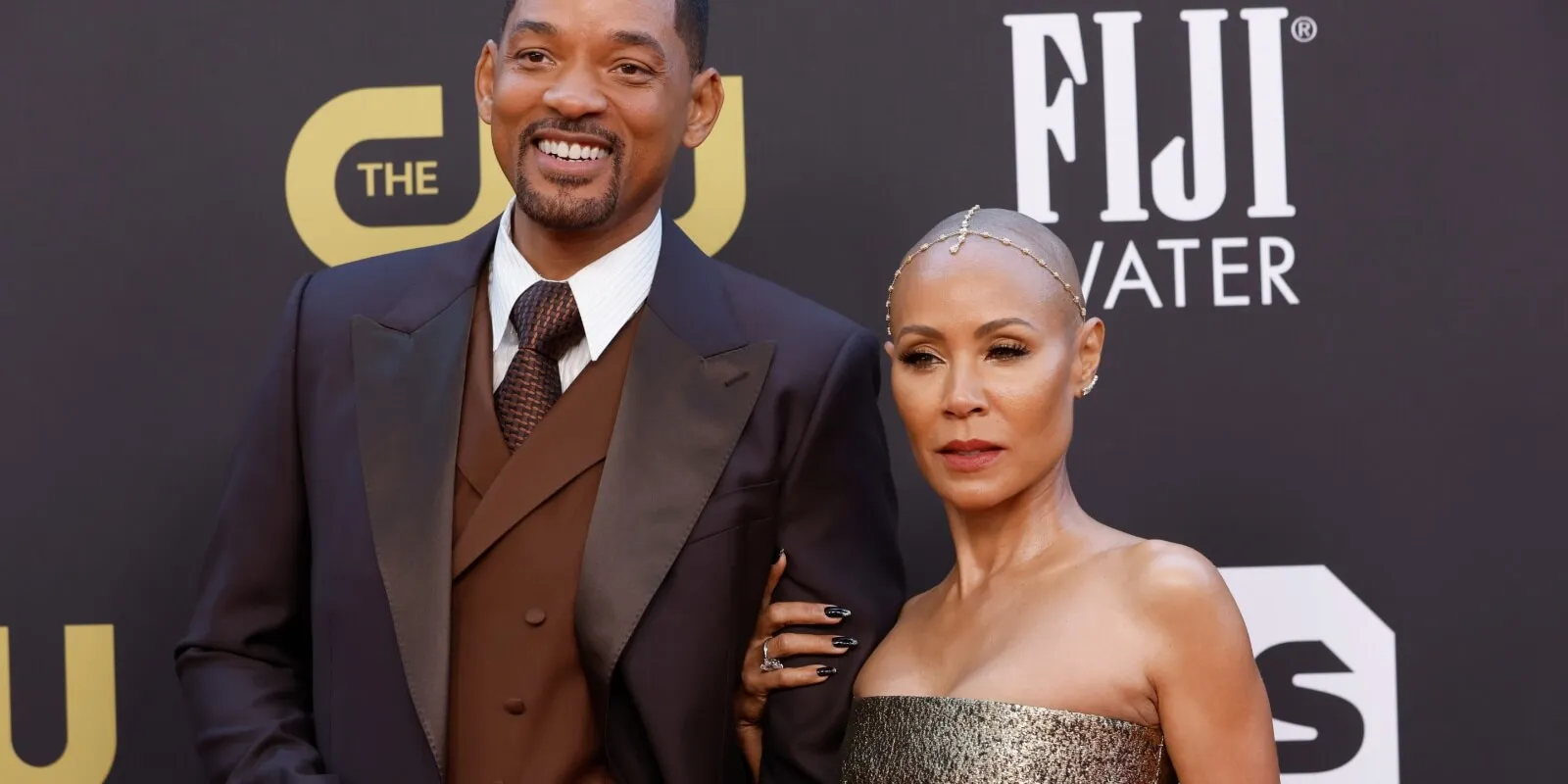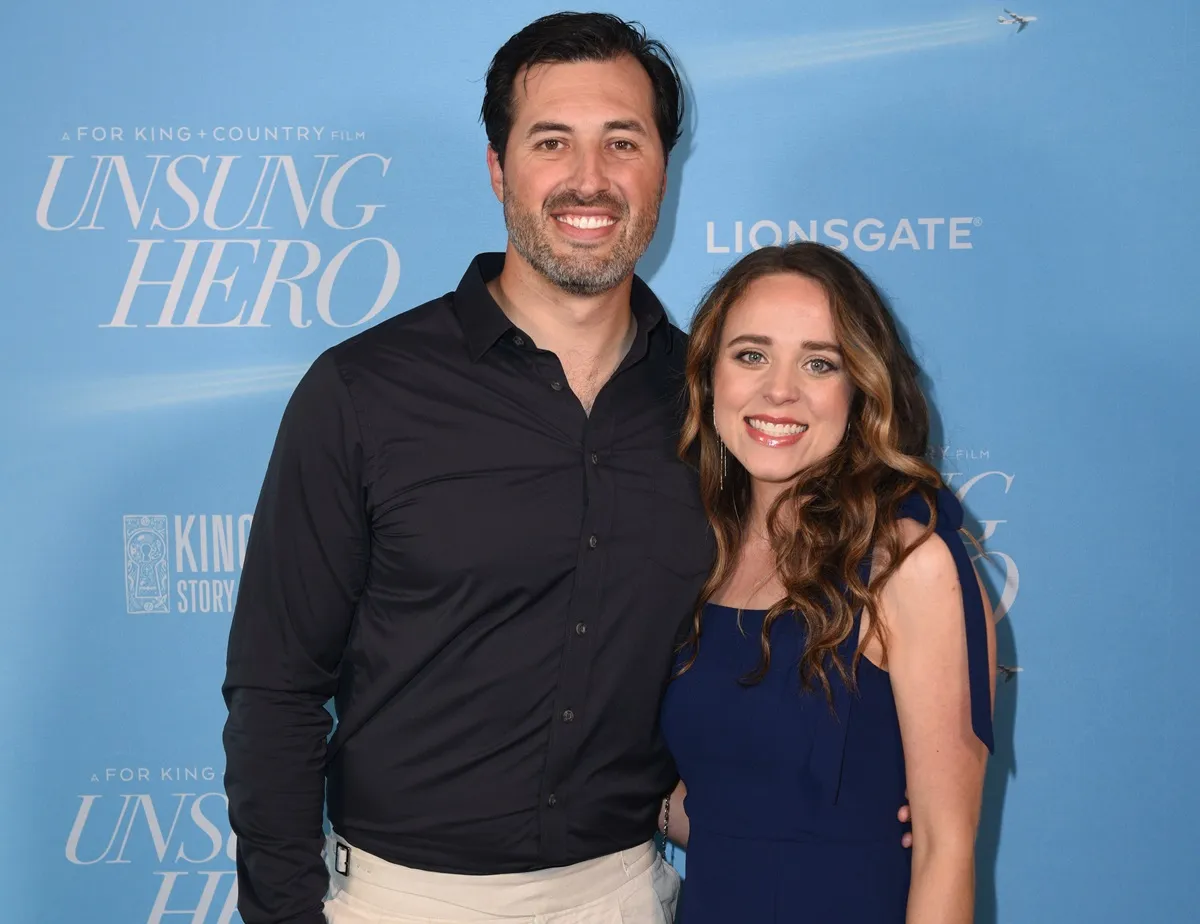George Harrison’s Son Said Covers of His Father’s Songs Sometimes ‘Unlock’ Their Meaning for Him
Besides George Harrison himself, the only other person who knows more about his songs is his son, Dhani Harrison. Since George died in 2001, Dhani has kept his father’s legacy alive. He finished George’s last album, Brainwashed, and has taken years out of his own music career to remaster a lot of George’s catalog.
So, Dhani knows his father’s music very well. Not to mention he lived in the house where George recorded most of it.
Still, when Dhani hears covers of his father’s songs, they tend to “unlock” their meaning for him. They show George’s songs from a different perspective.

Covers of George Harrison’s songs ‘unlock’ new meaning for George’s son
In 2016, Dhani spoke to NPR about sharing his father with the rest of the world and how his relationship with his father led to his own music career. He also touched on his 2014 charity tribute concert, George Fest: A Night to Celebrate the Music of George Harrison.
George Fest featured performers like Brian Wilson, Norah Jones (the daughter of George’s best friend, Ravi Shankar), The Flaming Lips, and Cold War Kids. Each of these artists’ covers showed Dhani his father’s songs in a new way.
During the interview, NPR asked, “Do the different interpretations of your dad’s music ever help you find any new insights into his work? Is there ever a moment when a song sort of reveals itself as something different than what you’d considered?”
Dhani replied that some covers “unlock” a song’s meaning. “You know, I specifically liked Black Rebel Motorcycle Club’s version of ‘The Art of Dying,'” Dhani explained. “I didn’t realize that was like grunge until I saw BRMC play it; I was like, ‘Oh. This is a shoegazey grunge song!’ They unlocked that song for me. Or, a thing that was really great was having female vocalists.”
George didn’t enjoy newer music so much
We know that George would be immensely proud of his son’s efforts to keep his legacy alive. He definitely would have loved that George Fest and the Concert for George were charity concerts, mostly because he invented them with his Concert for Bangladesh.
However, it’s not clear whether George would have been comfortable with a tribute concert. He didn’t like drawing attention to himself in that way. There was no I, me, mine. Still, Dhani organized those concerts because of fans’ love for him.
George also probably would have felt awkward about covers, live or recorded, again, because they weren’t his songs. He was very particular about how he wanted his songs to sound too and would have had some thoughts about new renditions.
George wasn’t the biggest fan of newer music either. He said newer acts rarely gave him a “buzz.”
In 1992, George told Guitar World, “I can’t say I’ve really heard anything that gives me a buzz like some of that stuff we did in the Fifties and Sixties. The last band I really enjoyed was Dire Straits on the Brothers in Arms album. To me, that was good music played well, without any of the bulls***.
“Now I’m starting to get influenced by my teenage son, who’s into everything and has the attitude. He loves some of the old stuff, like Hendrix, and he’s got a leather jacket with Cream’s Disraeli Gears album painted on the back. As for recent groups, he played me the Black Crowes, and they really sounded okay.”
Despite all this, though, Dhani organized both tribute concerts would have been enough for George to put aside his prejudices and humbleness. Maybe.
Dhani is honored to be a part of George’s legacy
Over the years, Dhani has embraced his father’s legacy, even at the expense of his own. Dhani decided to become a musician like his father shortly before George died in 2001. Initially, that wasn’t the plan. However, once Dhani entered into his father’s world of music, he never looked back.
“I guess I got lucky, because I got George Harrison!” Dhani continued to NPR. “You know, it’s good music, and I’m honored to be a part of his legacy. And also, we made so much music together, and spent so much time in the studio at my house in Friar Park, in Henley where I grew up.
“The studio was directly below my bedroom, so my floor has rattled my whole life. I would always go downstairs and just see what was going on. I remember the Traveling Wilburys there. So, I was very comfortable in the studio, and I kind of grew up learning how to produce and play.
“For me, it was facilitated very much by my dad, and we were best friends, so spending a lot of time in the studio with him was natural.
“We were finishing a record together [when he died]. After he passed away, I got to work with Jeff Lynne, and I ended up finishing it with Jeff and kind of taking the role of my dad on, because there was no artist there to answer questions.
“That kind of left me in Los Angeles, and left me in a studio thinking, ‘Well, that was the most fun thing that I could be doing.’ So I kind of just carried on from there, making my own records and composing for film and TV. It just seemed like a logical step for me.”
Regardless of what George would have thought about covers, they opened up new perspectives for Dhani. Those covers combined Dhani’s favorite artist with his favorite newer artists.


